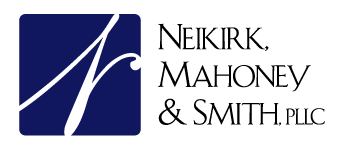Here are five tips IRS tax that can help make your business off to a good start.
Business structure. Need early to decide what type of structure will choose for your business.
Business tax. There are four general types of business taxes. These are: income tax, self-employment tax, employment tax and excise duties. In most cases, the types of taxes you pay your business depends on the type of business structure that you set. You may have to make payments of estimated taxes. If you do, use IRS Direct Pay to pay. It's fast, easy and secure way to pay for your checking or savings account so.
Employer Identification Number (EIN). You may need to get an EIN for federal tax purposes. Visit IRS.gov to find out if you need it and to apply online.
Method of accounting. An accounting method is a set of rules used to determine when to report income and expenses. You must use a consistent method. The two most common are the cash method and accrual method. Under the cash method, you generally report income and expenses deducted in the year they are received or paid. Under the accrual method, you generally report income and deduct expenses in the year in which the gains or incurred. This is true even if the income is earned or paid the expense in a year later.
Employee health care. The health tax credit for small businesses helps small businesses and tax-exempt organizations to pay for the health care coverage they offer their employees. A small employer is eligible for the credit if you have fewer than 25 employees working full time, or a combination of full time and part time. The maximum credit is 50 percent of the premiums paid by small business employers and 35 percent of premiums paid by small tax-exempt employers such as charities.
The provisions of the shared responsibility of the employer of the Health Care Act Affordable affect employers who employ at least a certain number of employees (usually 50 full-time employees or a combination of full- and time partial). These employers are called large employers applicable (ALE).
ALEs must offer minimum essential coverage for full-time employees (and their dependents), or potentially make a payment dela shared responsibility of the employer to the IRS. The vast majority of employers fall under the threshold number of employees of ALE and, therefore, not subject to the provisions of shared responsibility of employers.
Employers also have the responsibility to report the information in relation to the minimum essential coverage offered or provided to full-time employees. Employers must send reports to employees and the IRS about new forms that the IRS created for this purpose.
Get all the tax bases of starting a business on IRS.gov in the Small Business Center and the Center for self-employment taxes.

No comments:
Post a Comment